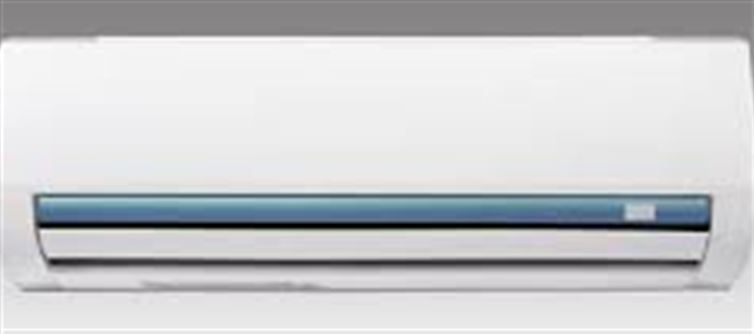
Many homeowners face the annoying problem of water dripping from the air conditioner, especially during the monsoon season. While occasional dripping is normal due to condensation, persistent water leakage can damage walls, flooring, and the AC unit itself. The good news? Many causes can be addressed with simple home fixes.
🔹 Common Causes of AC Water Leakage
1. Clogged Drain Pipe
- Over time, dust, dirt, and algae can block the drain pipe, preventing water from flowing out properly.
- Leads to overflow inside the room.
2. Improper AC Installation
- If the AC is not leveled correctly, water may accumulate instead of draining outside.
- Common in wall-mounted split ACs after maintenance or shifting.
3. Dirty air Filters Dust and debris on filters reduce airflow and cause excess condensation.
- Can lead to dripping from the indoor unit.
4. Low Refrigerant Levels
- Low refrigerant can cause the coil to freeze, and when it melts, water may drip inside.
- Often requires professional checking.
5. High Humidity During Monsoon
- Humid air increases condensation on the coils.
- If the drain system is slightly blocked, even minor condensation can result in dripping.
🔹 How to Fix AC Water Dripping at Home
1. Clean the Drain Pipe
- Switch off the AC and locate the drain pipe (usually outside).
- Use a wet/dry vacuum to remove dirt or use a flexible pipe cleaner.
- Pour a mixture of water and vinegar to prevent algae buildup.
2. Check AC Leveling
- Ensure the indoor unit is slightly tilted toward the drain side.
- Adjust brackets if necessary to allow smooth water flow.
3. Clean or Replace air Filters
- Remove filters and wash them with mild soap and water.
- Let them dry completely before reinserting.
- Regular cleaning (every 2–4 weeks) prevents excess condensation.
4. Inspect the Condensate Pan
- The pan under the indoor coil may be cracked or misaligned.
- Clean it thoroughly and seal minor cracks with silicone sealant.
5. Control Humidity Indoors
- Use a dehumidifier or ceiling fan to reduce indoor humidity.
- Keeping windows closed during heavy rain can help prevent excessive moisture.
🔹 When to Call a Professional
- If refrigerant levels are low or coils are frozen, avoid DIY handling.
- Persistent dripping despite cleaning and leveling indicates a technical issue.
- Professional service ensures safety and prevents damage to the AC compressor.
✅ Final Word
Water dripping from your AC during the rainy season is a common but solvable problem. Regular maintenance like cleaning filters and drain pipes, checking the AC level, and managing indoor humidity can prevent most leaks. Simple home fixes keep your AC running efficiently and your home dry and comfortable, even during the heaviest monsoon showers.
Disclaimer:
The views and opinions expressed in this article are those of the author and do not necessarily reflect the official policy or position of any agency, organization, employer, or company. All information provided is for general informational purposes only. While every effort has been made to ensure accuracy, we make no representations or warranties of any kind, express or implied, about the completeness, reliability, or suitability of the information contained herein. Readers are advised to verify facts and seek professional advice where necessary. Any reliance placed on such information is strictly at the reader’s own risk..jpg)




 click and follow Indiaherald WhatsApp channel
click and follow Indiaherald WhatsApp channel